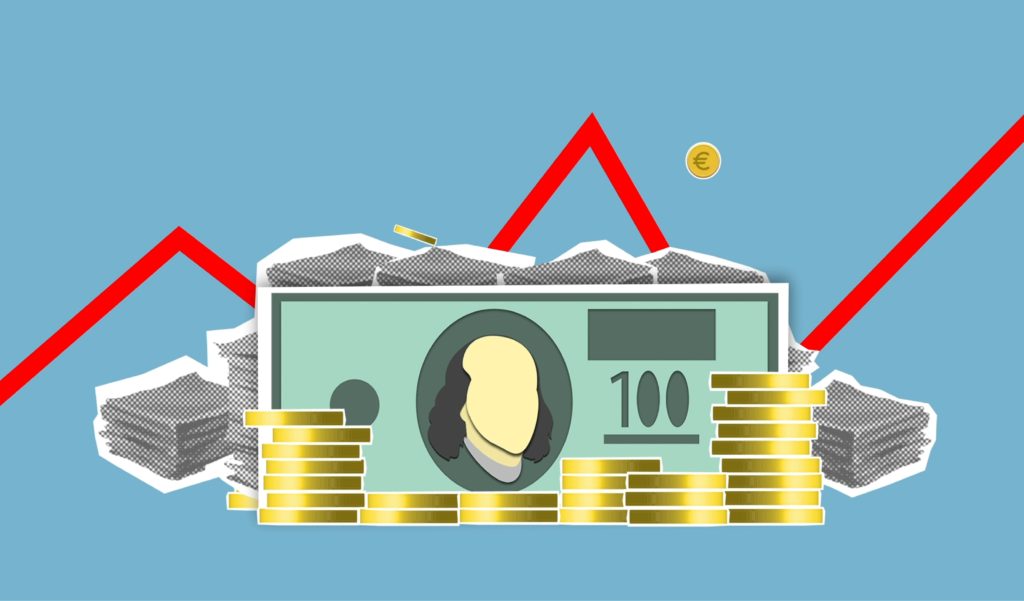Economic and Investment Outlook for 2022

This year we once again focus on the main questions investors are asking coming into 2022: Will the coronavirus be vanquished? What does this mean for people, businesses and investors? Secondarily, is inflation really transitory or longer-term? Are stock and bond markets overvalued?
Below is a summary of our report.
Click here to view our entire report: WESCAP Economic and Investment Outlook for 2022
- Coronavirus Pandemic: Recent vaccines appear to be at least partly effective. New treatments (Paxlovid) are expected to reduce hospitalizations and deaths. We expect the pandemic to wane this year and allow economies and supply lines to get back to normal. Nevertheless, virus mutations do provide an ongoing risk to our base case scenario.
- Economic Growth: GDP growth should continue to recover from the 2020 recession. However, higher-than-anticipated inflation in the U.S. could cause interest rates to rise enough to begin to restrain growth. Most of the recent inflation is expected to be transitory, but long-term inflation could still remain above pre-pandemic levels.
- U.S. Equities: The S&P 500 in 2021 increased less than earnings. Therefore, stocks are slightly less expensive than a year ago. Small-cap and value stocks are more attractive than growth stocks or the S&P 500. Higher expected U.S. interest rates pose a risk.
- Foreign Markets: Economic conditions in many larger foreign developed and emerging market countries are expected to improve as well. Valuations in non-U.S. stock markets are more attractive than in the U.S. Inflation and interest rate increases are expected to be lower in many other large countries outside the U.S. Therefore, we continue to recommend a substantial allocation to assets linked to these countries.
- Fixed Income: U.S. interest rates are expected to rise due to reduced Federal Reserve stimulus and higher inflation. This makes most high-quality fixed income investments unattractive. Very short-duration and adjustable-rate fixed income assets are reasonable options in 2022 as they can capture the benefit of rising interest rates. In addition, some credit-sensitive fixed income assets continue to offer respectable yields.
- Alternative investments: Given a lack of yield in many fixed income assets and potentially lower returns and higher volatility from stocks, additional consideration should be given to non-traditional assets. These could include hedged strategies and private investments. Mutual funds, ETFs and hedge funds are all avenues of investing in these assets and strategies.
For more details, please contact WESCAP Group.
0
